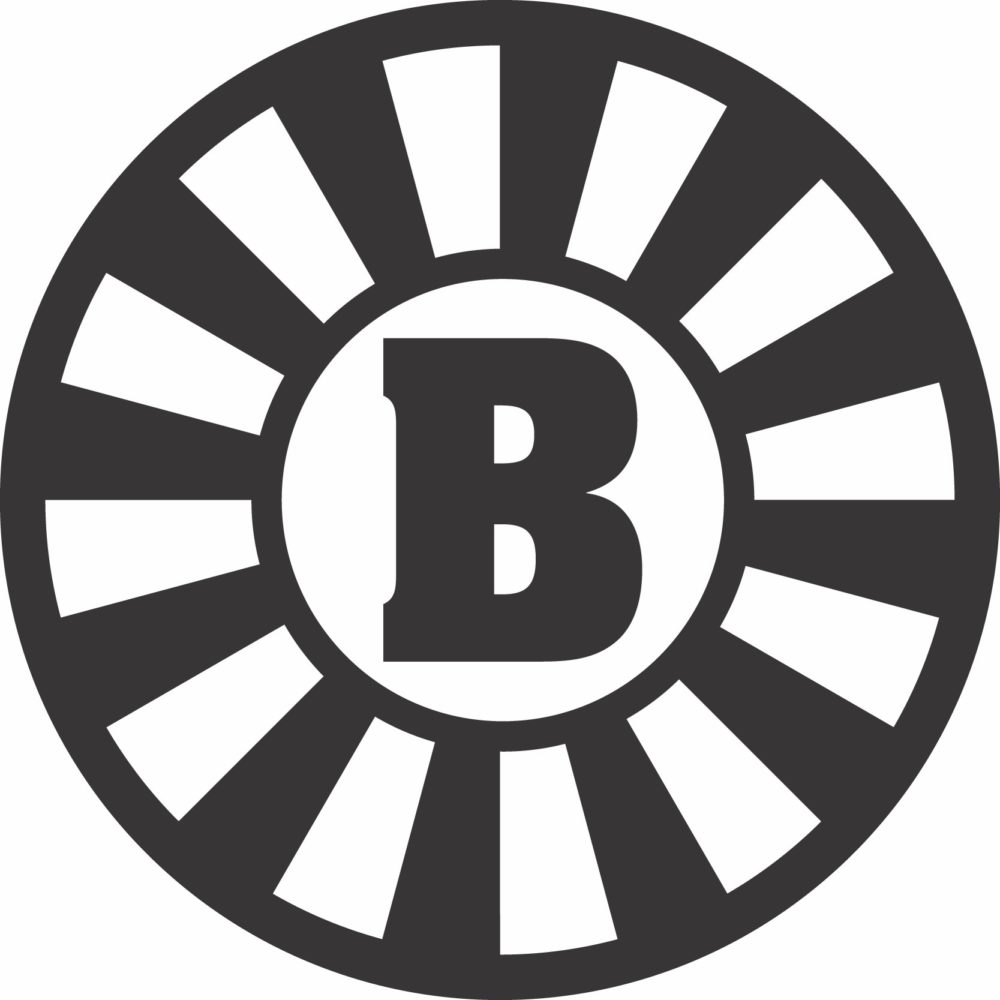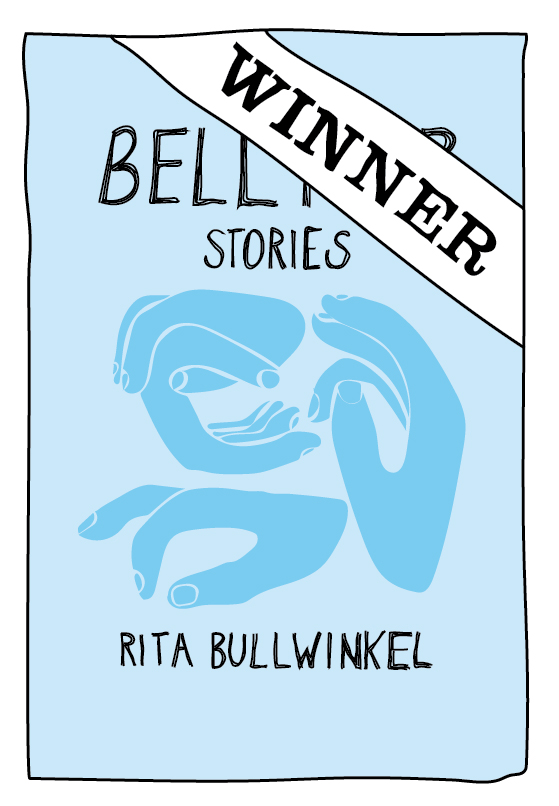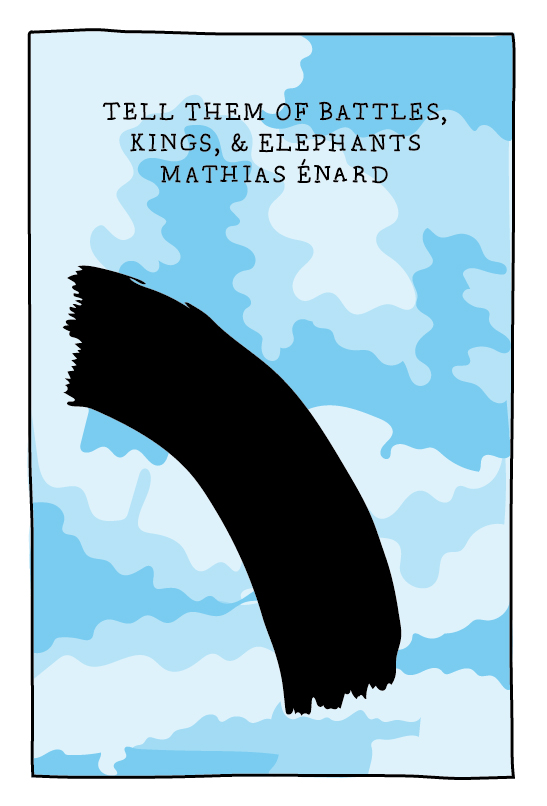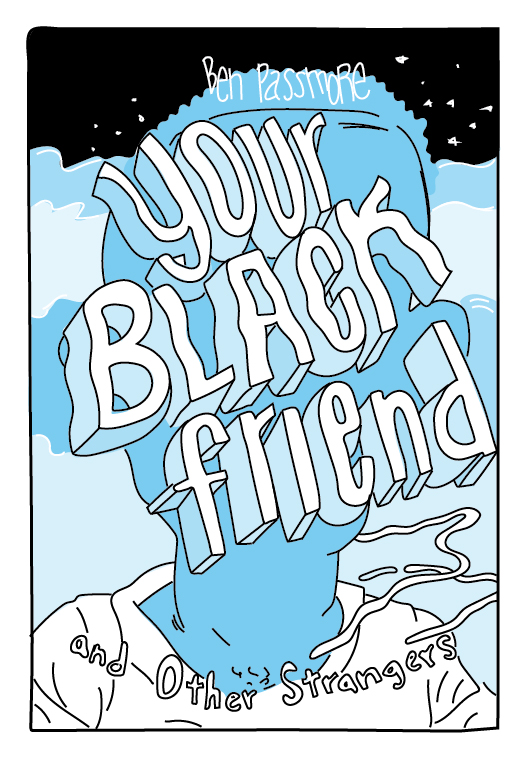
Each year, the editors of The Believer give out awards to the works of fiction and poetry they found to be the best written and most underappreciated. This year, for the first time, they have added a third award in the category of nonfiction.
Here are the 2018 winners and finalists for each category. The winners will be honored on April 25 in Las Vegas, on the opening night of the Believer Festival.
Fiction Winner
Belly Up
by Rita Bullwinkel
A Strange Object
 In the first story of this collection, a woman witnesses a car accident on the freeway, and her life comes apart at the seams. She sees a dead body and starts to lead a double life, and in Bullwinkel’s hands this isn’t a destructive act, but a generative one. The woman becomes more perceptive to the world, in all of its mundane strangeness, and her perceptiveness lasts through the rest of the stories in this collection—stories that aren’t strange just for the sake of being strange; they are almost religiously so. The possession of a body becomes an unanswerable riddle. A snake named Karl twists himself into the shape of a pear, a ghost gets stuffed into a bucket, and girls want to turn into plants that can fertilize themselves. There’s real tenderness, agency, and humanity coursing through these perfect and uncanny, sharp-witted stories.
In the first story of this collection, a woman witnesses a car accident on the freeway, and her life comes apart at the seams. She sees a dead body and starts to lead a double life, and in Bullwinkel’s hands this isn’t a destructive act, but a generative one. The woman becomes more perceptive to the world, in all of its mundane strangeness, and her perceptiveness lasts through the rest of the stories in this collection—stories that aren’t strange just for the sake of being strange; they are almost religiously so. The possession of a body becomes an unanswerable riddle. A snake named Karl twists himself into the shape of a pear, a ghost gets stuffed into a bucket, and girls want to turn into plants that can fertilize themselves. There’s real tenderness, agency, and humanity coursing through these perfect and uncanny, sharp-witted stories.
Fiction Finalists
Tell Them of Battles, Kings, and Elephants
by Mathias Énard
New Directions
 “Bridges are beautiful things,” writes Mathias Énard, “so long as they last.” But what about those that don’t? Tell Them of Battles, Kings, and Elephants tracks the real story of Michelangelo, who was invited to Constantinople by sultan Bayezid II in 1506 to design a bridge across the Bosporus. Énard does more than just relate sketchy historical fragments: what’s been lost to history becomes art in his hands, and Michelangelo becomes flesh and blood. Though an earthquake ultimately destroyed the bridge before it was built, its absence is still a reminder that beauty will never last, unless it does.
“Bridges are beautiful things,” writes Mathias Énard, “so long as they last.” But what about those that don’t? Tell Them of Battles, Kings, and Elephants tracks the real story of Michelangelo, who was invited to Constantinople by sultan Bayezid II in 1506 to design a bridge across the Bosporus. Énard does more than just relate sketchy historical fragments: what’s been lost to history becomes art in his hands, and Michelangelo becomes flesh and blood. Though an earthquake ultimately destroyed the bridge before it was built, its absence is still a reminder that beauty will never last, unless it does.
Your Black Friend and Other Strangers
by Ben Passmore
Silver Sprocket
 The comics in this candy-colored collection will make you into an anarchist—or at least that is the hope of Ben Passmore. In his introduction, he professes to teach readers “how to be dangerous, how to be a failure, and how to laugh in the face of a world that wants to crush us.” The title comic, for which Passmore received wide acclaim, was self-published after he read Frantz Fanon’s Black Skin, White Masks and found a language for the dysphoria he felt when surrounded by whiteness. Most of the stories...
The comics in this candy-colored collection will make you into an anarchist—or at least that is the hope of Ben Passmore. In his introduction, he professes to teach readers “how to be dangerous, how to be a failure, and how to laugh in the face of a world that wants to crush us.” The title comic, for which Passmore received wide acclaim, was self-published after he read Frantz Fanon’s Black Skin, White Masks and found a language for the dysphoria he felt when surrounded by whiteness. Most of the stories...
You have reached your article limit
Sign up for a digital subscription and continue reading all new issues, plus our entire archives, for just $1.50/month.
Already a subscriber? Sign in




